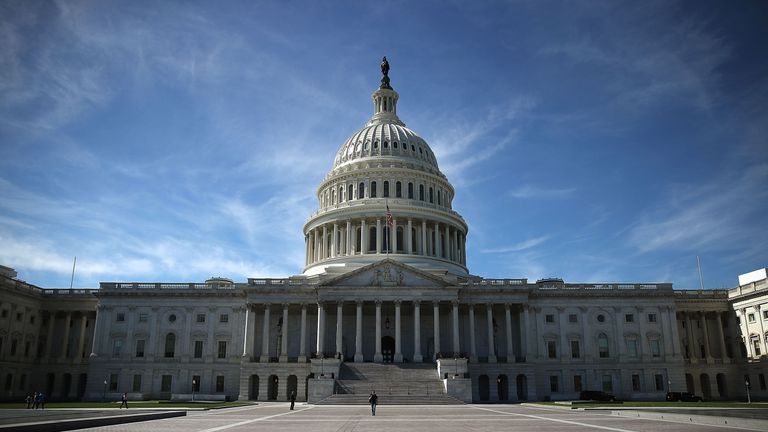 Washington, April 15, 2021
Washington, April 15, 2021
House Hearing, 116th Congress — OVERSEEING THE FINTECH ..
Congress gathered a group of legal experts for a hearing on fintech’s use of bank licenses.Ultimately, much of the dialogue centered on one particular subject:
if a crypto firm wants to offer certain banking services, is the OCC in charge of giving the green light?
The hearing featured three law professors, a representative of the National Association of Federally-Insured Credit Unions (NAFCU) and former U.S. Comptroller of the Currency Brian Brooks at a hearing entitled “Banking Innovation or Regulatory Evasion? Exploring Trends in Financial Institution Charters.”
Most of the gathered panelists criticized Brooks’ work to issue bank charters to fintech companies during his time as head of the Office of the Comptroller of the Currency (OCC). Though policy-watchers in crypto circles praised the OCC’s work at the time, Brooks drew the ire of Congressional Democrats before he left office.
Erik Gelding, a professor at University of Colorado’s law school, directly urged Congress to take action to keep the OCC from issuing any new charters to entities that don’t plan to accept deposits.
In the view of some panelists, entities that only engage with some activities regulated by a bank license, but not all or most of the activities that fall under that purview, shouldn’t be regulated as national banks. As Kristin Johnson, a professor of law at Emory University, put it: “A non-deposit national bank is an oxymoron.”
The nature of cryptocurrency is presenting an old problem for policymakers in this context: the inability to peg what such firms are exactly doing. As Rep. Sean Casten (IL) put it:
“With some of the emerging fintech players, when they come before us we hear all the time what they’re not…we very rarely hear them say what they are because to say what they are would be to implicitly say ‘and therefore I would like to be regulated under this structure.”
The first step to clarity from regulators, according to Johnson, is clarity from businesses themselves as to how they define their own operations.
Georgia Quinn, general counsel for Anchorage — the first operational, federally chartered crypto-focused bank, said a license has proven to be the right structure for the firm.



